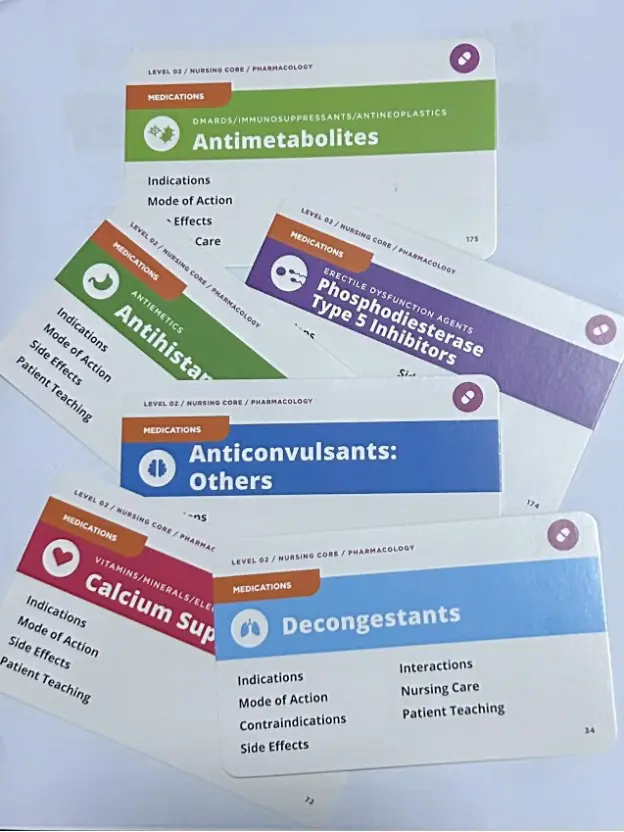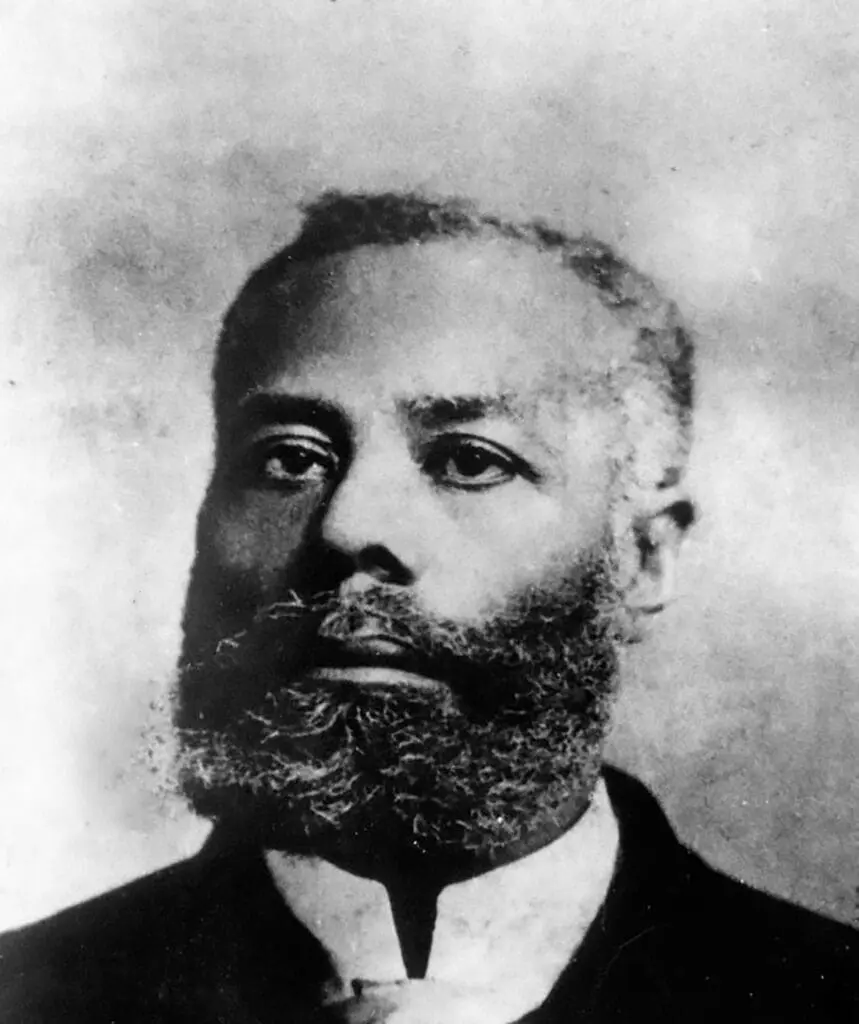In Canada, approximately one in five people suffers from addiction. Of those who do eventually try and beat their addiction, it is estimated that between 40 and 60 per cent will relapse at some point in their recovery. For community mental health and addictions workers, helping former addicts establish healthy routines can go a long way toward mitigating relapse by establishing a strong foundation of consistency and structure.
A daily routine can be structured to include time for exercise, hobbies, socializing, attending a regular recovery group, maintaining a clean home as well as good hygiene. These activities all work towards a healthy and addiction-free lifestyle, but the benefits of a routine go far beyond that alone. Here are some of the most significant ways routine supports addiction recovery.
Routine Provides Healthy Outlets & Stability
Routines provide structure and stability for people recovering from addiction. The change in lifestyle that comes with ending an addictive behaviour can feel very destabilizing to someone who has just started their recovery. Case managers who have graduated from mental health worker programs know how to establish routines early in the addiction recovery process, which provides the patient with healthy outlets for coping with big changes.
Outside stressors that affect the patient’s chances of success – the loss of a job, a breakup, the death or illness of a loved one – can also threaten sobriety and lead to relapse. However, people recovering from addiction who have established healthy routines can leverage that strong foundation when disruptions occur. Rather than turning to substance abuse or other addictive behaviors, the patient has alternative activities and outlets from which to draw strength and resolve.
Routine Encourages Productivity & Achievement
Although predictability is often associated with boredom, a routine that is established by someone with mental health and addictions training often has the opposite effect on a patient engaged in the process of recovery. One of the most common causes of a relapse is boredom. All too often, someone recovering from addiction can end up feeling like their time is spent focusing on not doing something, rather than on trying new, healthy and inspiring things. In these cases, inactivity and lack of direction may invoke old habits, leading right back to addictive behaviors.
On the other hand, a positive and entrenched routine will encourage a recovering addict to pursue new goals, instilling a larger sense of purpose and direction. Whether it’s heading back to school or taking up a new hobby, healthy outlets provide a sense of forward momentum, validation and accomplishment.
In 2013, there were 322 deaths due to illicit drug overdose in British Columbia alone. Fortunately, mental health and addictions schools in BC are producing compassionate and well trained mental health and addictions workers prepared to foster recovery and healing in the communities they serve.
Are you considering pursuing a Mental Health Worker program? What inspires you to work in this field?






